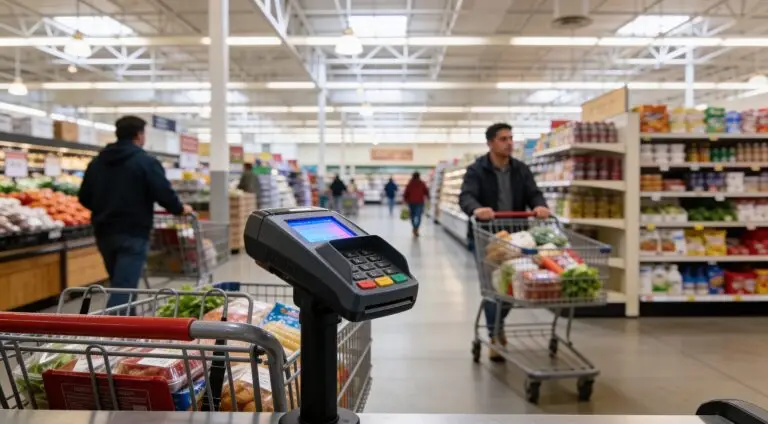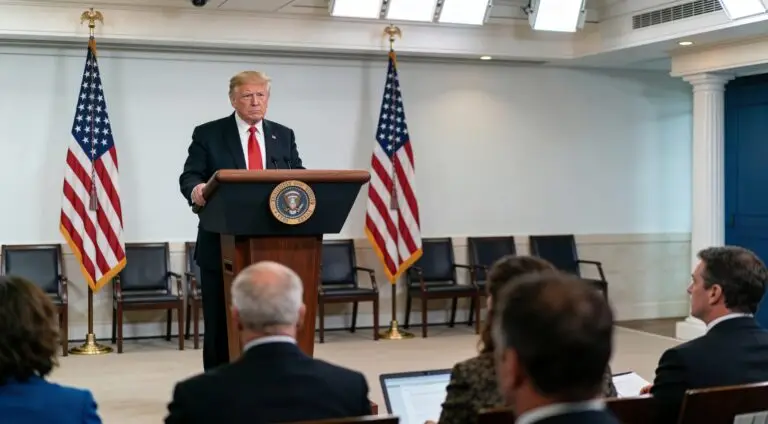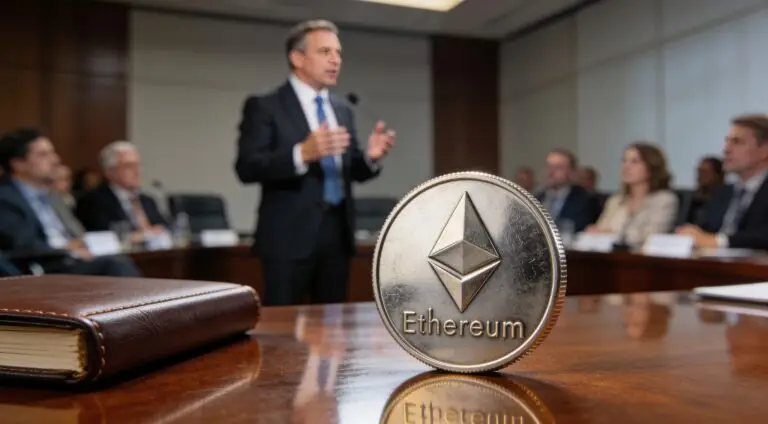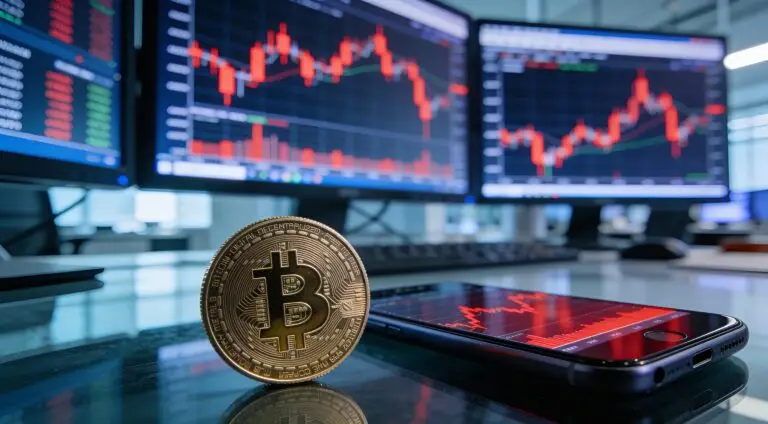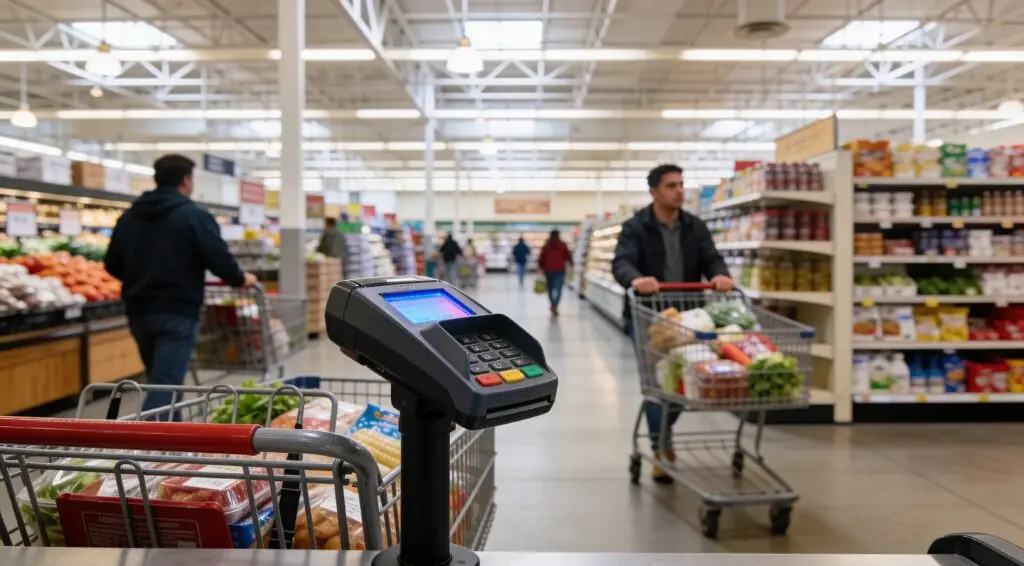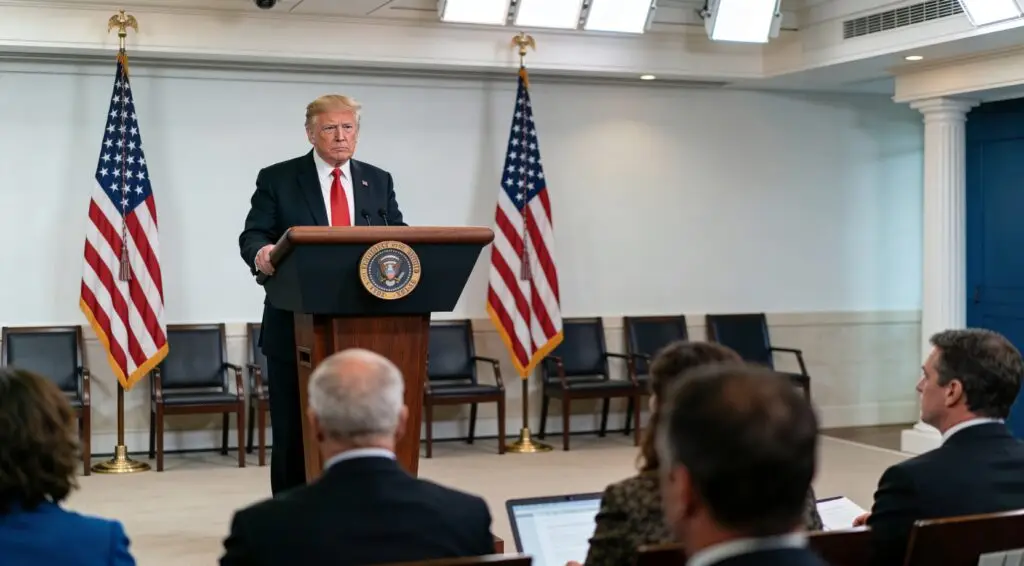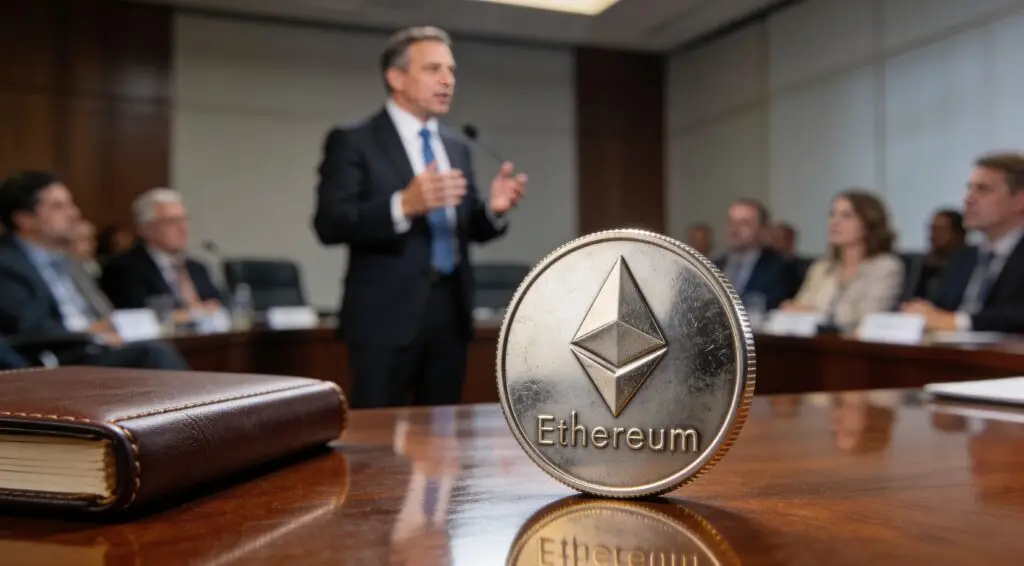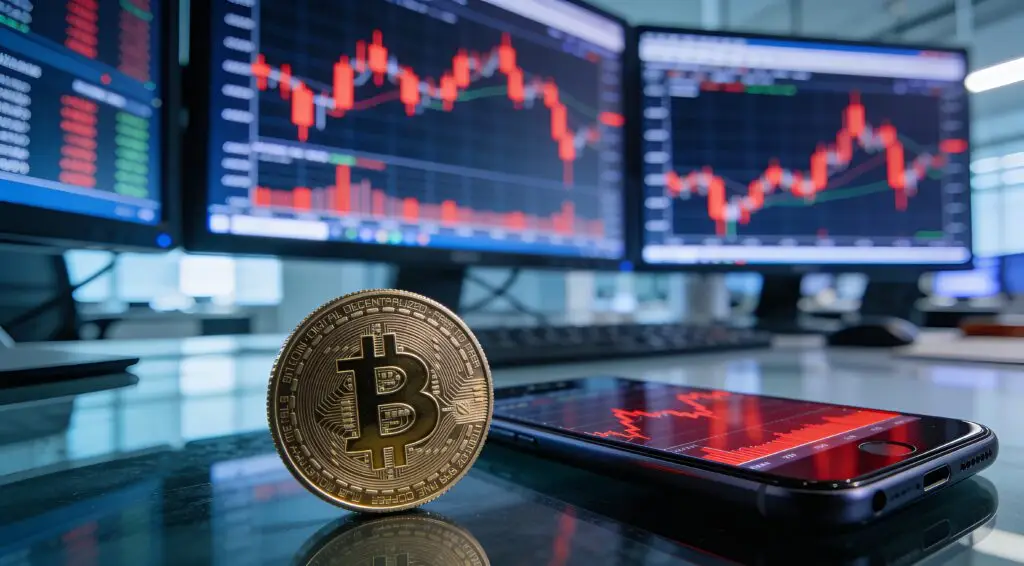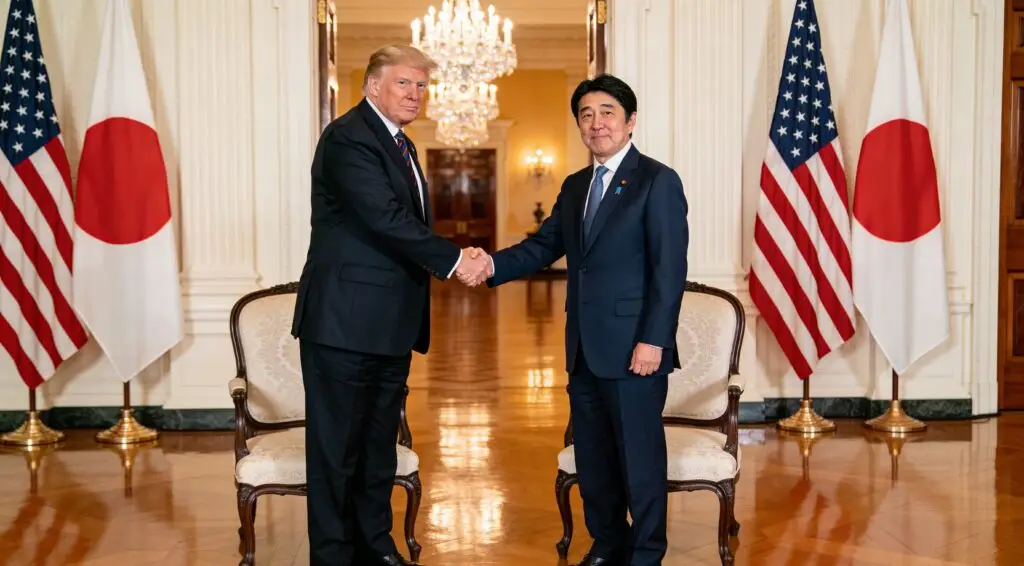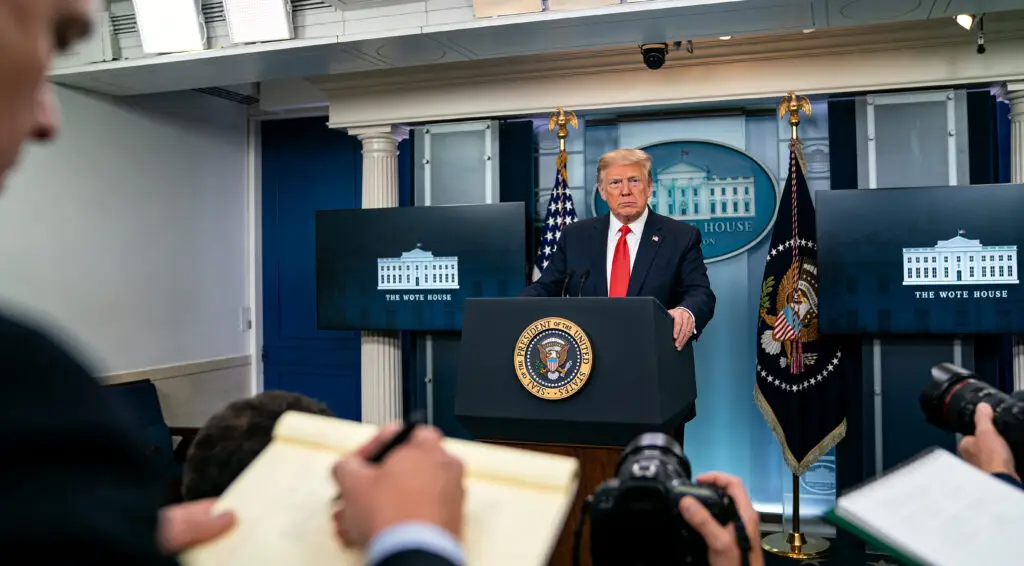With increasing appetite for economic freedom and clarity on regulations, Europe has one of the fastest expanding cryptocurrency markets, which is estimated to reach $13.6 billion. Senior Managing Director at Coinbase UK, Keith Grose claims that with increased institutional investment, digital assets will experience further growth due to improved regulations.
Institutions Favour Regulated Crypto Exposure
As per the research conducted by Coinbase, global institutions have a strong preference for engaging with cryptocurrency funds in a regulated manner. More than 60% of them consider investing in ETFs and ETPs aligned with cryptocurrencies. This is a growing trend driven by the need for institutions to have safe, regulated methods to access investment opportunities within digital assets.
“Institutional adoption is expected to continue growing,” Grose told CCN, emphasising that this surge signifies a change in the crypto landscape where there is now greater choice for investors and improved market structure as well as diverse means to participate in the evolving crypto economy.
The European market of cryptocurrencies is Gaining Steam.
The development prospects of Europe’s cryptocurrency segment are reasonable considering the current value of its crypto ETP market, which stands at $13.6 billion. In Grose’s opinion, a number of factors will contribute to this growth. “In Europe, the growth of the crypto economy in the next three to five years will be influenced by the clarity of regulations, innovation in institutional products, and, most critically, the appetite for more economic freedom,” he said.
A notable step in this regard is the introduction of BlackRock’s Bitcoin ETP, with Coinbase serving as custodian of the asset. This, in Grose’s opinion, is an unmistakable indication that European institutional adoption is moving into the mid-level stage, which is more deeply integrated with traditional markets. “We think it is quite clear this is a new phase of European institutional adoption,” the director of Coinbase remarked.
The Catalytic Role of Regulation
BlackRock launched its Bitcoin ETP parallel to the rollout of the Markets in Crypto-Assets Regulation (MiCA) in Europe. Grose points out MiCA as the proactive clarity that institutions have been waiting for, citing it as a barrier and safe zone to comply with and interact with digital assets. “Our role as custodian reinforces trust in the security and compliance of the underlying asset infrastructure,” Grose said.
Now that MiCA is in effect, the European Union has fortified its position in the crypto markets by providing foundational blocks for encouraging and facilitating enduring growth in the region. Grose highlighted the benefits of uniform rules, regulatory clarity, and an increasingly maturing institutional environment and said these elements are already propelling growth, especially in institutional products like ETPs. He added that, to continue fostering this growth, there needs to be more development on the secondary rules and stronger collaboration between public and private sectors.
International Development of a Unified Regulatory Approach
Grose claimed that he has noticed a fundamental change in how different jurisdictions regulate cryptocurrencies. He explained that just one year ago, many regions were simply “sitting on enforcement actions.” There is a shift now towards governments actually trying to build nice and intricate relationships with the industry and construct regulatory frameworks proactively.
He cited MiCA in Europe and the U.K.’s Financial Services and Markets Act as prime examples of this changing attitude. With regard to the United Kingdom, Grose recommended that the United Kingdom needs to act decisively because both the EU and the U.S. are already trying to advance in this domain. “As for the UK, the country must act decisively to remain competitive, as the EU and U.S. are moving quickly. That means advancing regulatory clarity on stablecoins and staking, improving institutional access, and fostering innovation with a secure, consumer-first approach,” Grose said, highlighting the necessity of clear, proactive regulation for the development of a secure crypto market.


